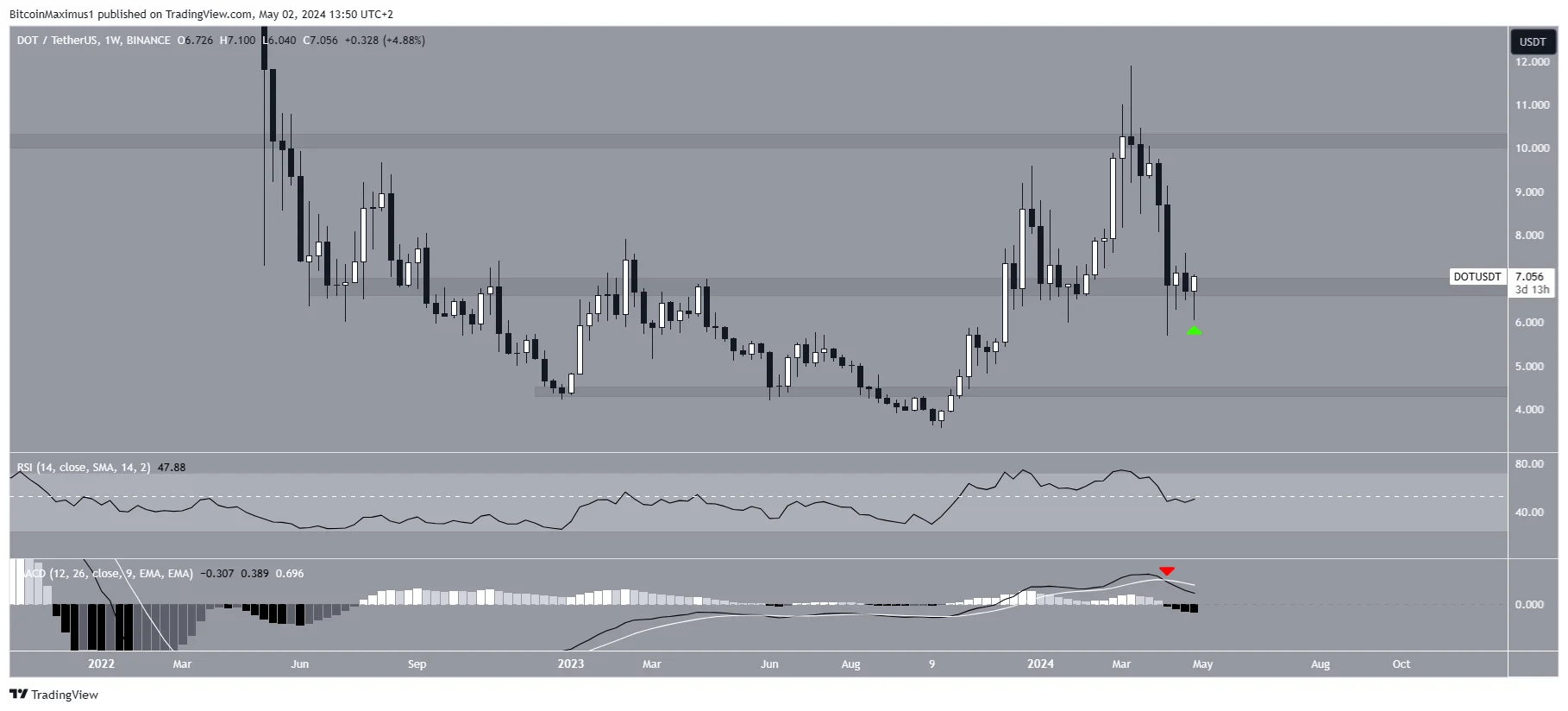The US Internal Revenue Service’s (IRS) Investigations Unit reports increased crypto tax investigations for the 2023 fiscal year.
According to reports by Bloomberg, the US IRS’s Criminal Investigations Units is witnessing an increase in its caseload of cases involving crypto tax. Jim Lee, the division head of the IRS’s investigations arm, said the cases range from failure to report capital gains to concealments of crypto ownership disclosures.
Crypto Tax Evasion Increases
The IRS’s annual report reveals the agency initiated over 2,676 cases involving $37 billion related to tax and financial crimes in the 2023 fiscal year.
The Investigations Unit reported:
“These investigations consist of unreported income resulting from failure to report capital gains from the sale of cryptocurrency, income earned from mining cryptocurrency, or income received in the form of cryptocurrency, such as wages, rental income, and gambling winnings.”
Adding,
“CI is also seeing evasion of payment violations, where the taxpayer fails to disclose ownership of cryptocurrency in an attempt to shield holdings.”
The IRS recently assisted in the case against Binance, which has resulted in a $4 billion settlement with the Department of Justice.
US Eager to Implement New Tax Reporting Guidelines
Eager not to lose revenue from crypto-related activities, the US unveiled new tax reporting guidelines. Treasury explained that the goals of its proposed rules are to “close the tax gap, address the tax evasion risks posed by digital assets, and help ensure that everyone plays by the same set of rules.”
The proposed rules are slated to go into effect in the next two years. They would require crypto brokers, including exchange and payment processors, to register new information on users’ crypto transactions to the IRS.
Members of the Senate recently called on the Treasury and IRS to hasten the implementation of its tax reporting guidelines, arguing that a delay in implementation could see the IRS lose billions in revenue.
“Not So Fast,” Says Coinbase Tax VP
Quickly after members of the Senate urged the IRS to speed up the implementation of its new tax rules, Coinbase’s Vice President of Tax, Lawrence Zlatkin, requested the IRS revise the proposed regulations. Zlatkin cited concerns over user privacy and an uneven playing field with traditional finance. Zlatkin criticised the rules for imposing an “unprecedented, unchecked and unlimited tracking the daily lives of Americans.”
Zlatkin highlighted several issues with the tax guidelines, including:
- A lack of parity with financial services;
- Duplicative and Burdensome reporting;
- An invasion of privacy;
- A violation of tech neutrality;
- An unrealistic compliance timeline; and
- A missed opportunity to leverage blockchain to ensure taxpayer compliance.
Disclaimer: This article is provided for informational purposes only. It is not offered or intended to be used as legal, tax, investment, financial, or other advice.





